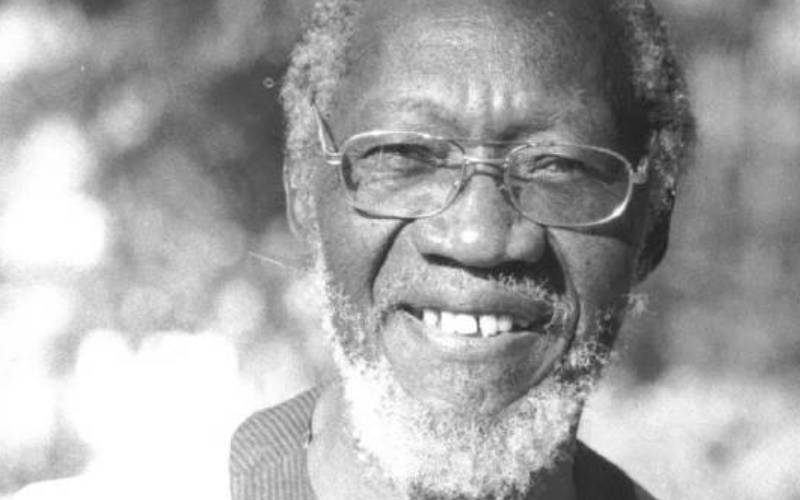×
The Standard e-Paper
Kenya's Bold Newspaper

Hilary Boniface Ng’weno. [Courtesy]
Way back in 1977, Hilary Boniface Ng’weno unwittingly launched my career long before I completed school, and before he knew I existed, when Rainbow Magazine published a pencil illustration I had sent in.